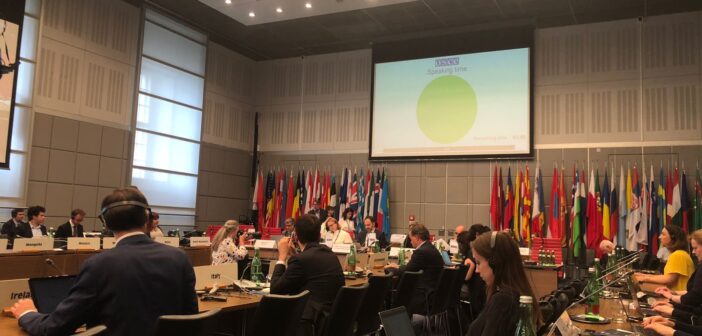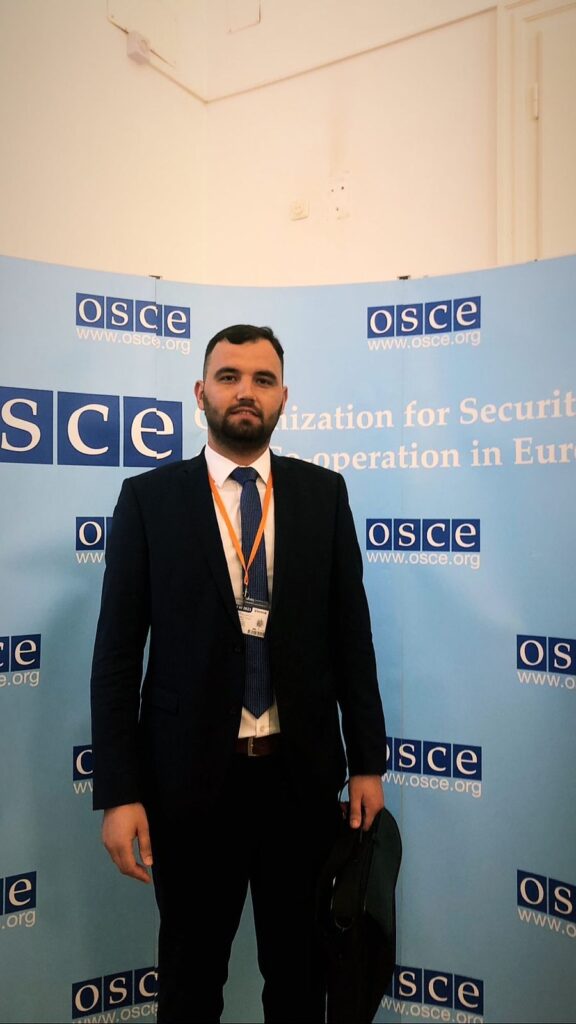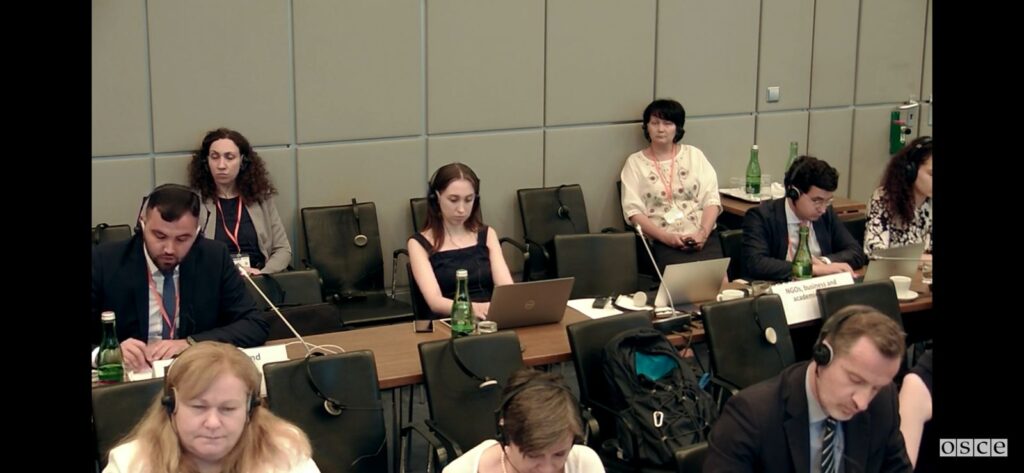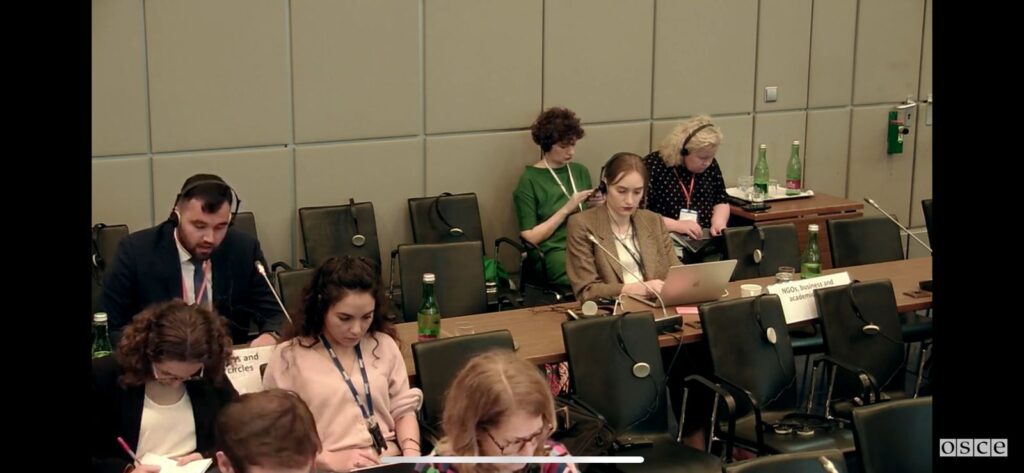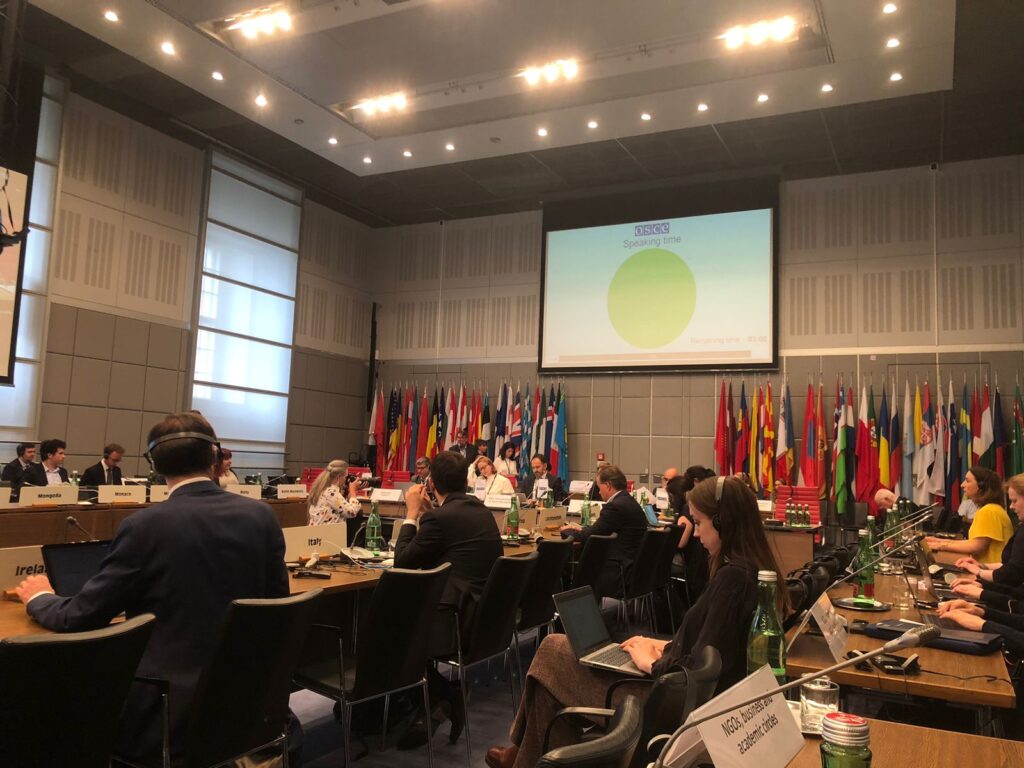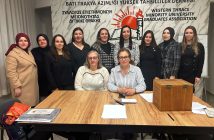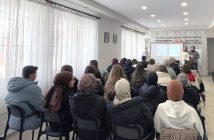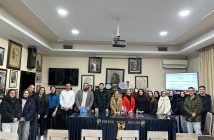WTMUGA Human Rights Branch participated in the OSCE Complementary Human Dimension Meeting on “The Role of Civil Society in Promoting and Protecting Tolerance and Non-Discrimination”. The 3rd Supplementary Human Dimension Meeting of 2023 was held in Vienna between 26-27 June. Human Rights Specialist Kerem Abdurahimoglu represented WTMUGA at the meeting. WTMUGA took the floor in the first session of the meeting titled “Civil Society’s Educational Efforts to Promote Tolerance and Prevention of Discrimination”. In his speech, he referred to the tolerance and the role of representation of the Turkish community and the closure processes of historical Turkish associations such as Xanthi Turkish Union (ITB), Komotini Turkish Youth Union (GTGB), Western Thrace Turkish
Teachers’ Union (BTTÖB) in the region for decades, and stated that Greece was convicted by the ECHR on freedom of association, especially the ITB, but these decisions have not been implemented for 15 years. He gave an example of the closure case brought against the Fenerbahce association and conveyed the point reached regarding the freedom of association. Expressing that all these problems are locked in the fact that the ethnic Turkish identity of the Turkish minority is not recognized by the state, he invited Greece to recognize the Turkish identity of the minority and to implement the decisions of the ECtHR. Using its right of reply, Greece repeated the well-known official thesis, saying that the minority is a Muslim minority according to the Treaty of Lausanne and that it is unacceptable
to be defined as a collective Turkish minority. In the 3rd session of the meeting titled “Developing Tolerance and Preventing Discrimination
through Cooperation with Civil Society, Coalitions and Dialogue” WTMUGA took the floor again. In his speech, he stated that Turkish minority non-governmental organizations and their representatives have been targeted by the Greek media in recent years, their activities have been criminalized, and Greece’s minority policy has created an environment suitable for this
demonization by not recognizing the ethnic Turkish identity of the minority, not implementing the ECHR decisions regarding Turkish associations, and exposing minority non-governmental organizations and their representatives to criminal and financial investigations. Noting that the minority expects only respect for the Turkish identity and rights from the state, he invited Greece to establish a dialogue with the Turkish minority. Using its right of reply, Greece claimed that insisting on the Turkish minority when talking about the minority in Western Thrace was against the letter and spirit of the Treaty of Lausanne. Likewise, she claimed that Greece engaged in many positive discrimination against
minorities and especially minority women benefited from many funds allocated by the EU to support vulnerable groups.
WTMUGA ATTENDS OSCE COMPLEMENTARY HUMAN DIMENSION MEETING
Share

